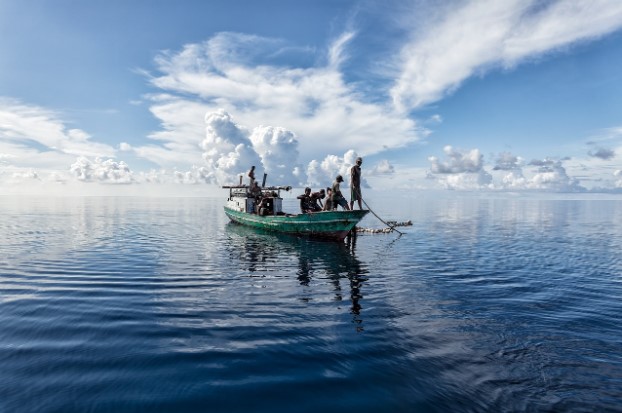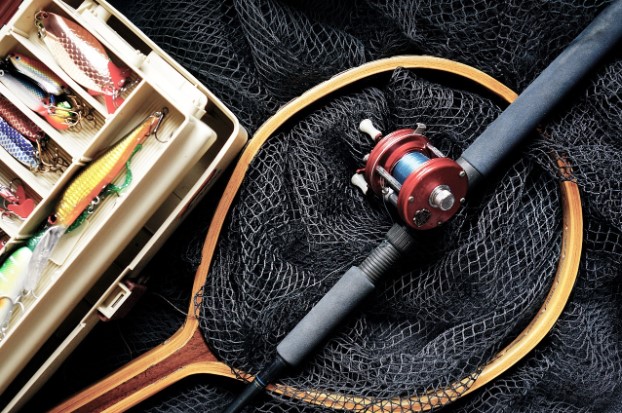Embarking on your first fly fishing trip can be an exciting yet overwhelming experience. You’ll discover the joy of being surrounded by nature while honing your skills in an age-old pastime. This guide will equip you with essential tips and insights, ensuring that you feel confident and prepared to cast your line and enjoy the tranquil beauty of fly fishing.
Location and Timing
Understanding location and timing is crucial for a successful fly fishing trip, as they directly influence fish behavior and availability. Different species thrive in specific environments and react to seasonal changes, such as water temperature and food availability. Researching local fishing reports, talking to experienced anglers, and consulting online resources or fishing forums can provide valuable insights into the best spots and times to fish.

Additionally, considering weather patterns can affect fish activity; for example, overcast conditions often enhance fishing opportunities. Mapping out your destination and planning around peak fishing hours — typically early morning or late afternoon — will greatly enhance your experience, enabling you to cast your line when fish are most likely to be biting. People going on these adventures in Nevada like to get fly fishing Pyramid Lake guides so they can have a guide that is familiar with the lake and fish species and give them the best chance of catching a fish. By prioritizing location and timing, you set the stage for a rewarding adventure.
Licensing and Regulations
Understanding licensing and regulations is vital for any fishing trip, as it ensures compliance with local laws and helps protect fish populations and their habitats. Fishing without a proper license can result in hefty fines and legal repercussions, which can tarnish your experience.
Further, regulations often dictate specific seasons, size limits, and catch quotas that serve to sustain fish populations for future generations. To obtain a fishing license, visit your state’s wildlife agency website or local bait shop. Many states now offer online purchasing options, making it convenient to secure a license before your trip. Always check for specific regulations in the area where you’ll be fishing.
Equipment
A successful fishing adventure requires you to properly gear up for it, because otherwise, you may not be able to fully enjoy the experience. Before your first fly fishing trip, make a list of essential gear, which includes:
- Rod and reel
- Fishing line
- Hooks, sinkers, and bobbers
- Bait and lures
- Tacklebox
- Pliers and line cutters
- Fishing net
- Fishing license
- Cooler or fish stringer
- Tackle Accessories
- Personal gear (sunglasses, hat, clothing, first aid kit)
- Vest, fish finder, chair or seat (optional)
Understanding equipment is essential for a successful fishing trip, as the right gear enhances your chances of catching fish and ensures comfort. Proper equipment also contributes to safety, making your experience enjoyable and allowing you to fully appreciate the outdoors.
Basic Fishing Techniques
Understanding basic fishing techniques directly impacts your ability to catch fish and enjoy the experience. Mastering techniques such as casting, retrieving, and understanding knots can significantly improve your chances of success. Start by practicing your casting technique to ensure accuracy and distance, allowing you to present your fly effectively to fish.
Familiarize yourself with different retrieval methods, as they can vary depending on the species you’re targeting. Learning essential knots helps secure your tackle, preventing lost catches. Consider attending workshops, watching instructional videos, or seeking guidance from experienced anglers. The more you practice, the more instinctive these techniques will become, ultimately enhancing your confidence and enjoyment on the water.
Weather and Safety
Understanding weather and safety is crucial for a successful fishing trip, as conditions can greatly affect both your experience and your safety. Sudden changes in weather can lead to unpredictable situations, such as thunderstorms, high winds, or temperature drops, putting anglers at risk.
To prepare, it’s essential to check the weather forecast before heading out and to monitor conditions throughout the day. Bring appropriate clothing for varying weather, such as waterproof gear or layers for warmth. Familiarise yourself with local emergency procedures and pack essential safety items, including a first aid kit, a whistle, and a flashlight. Being informed and prepared allows you to enjoy your fishing adventure while staying safe and comfortable.
Patience and Enjoyment
Fishing often requires long periods of waiting without immediate results. Embracing patience allows anglers to appreciate the serene environment, reflect on their experiences, and find joy in the process rather than solely focusing on catching fish. To cultivate patience, set realistic expectations, and remember that each outing contributes to your skills and knowledge.
Engaging in mindfulness practices, such as deep breathing or taking in the scenery, can enhance your enjoyment. Share stories with fellow anglers, take breaks to explore your surroundings, and focus on the beauty of nature. By prioritizing patience and enjoyment, your fishing expedition transforms into a rewarding experience regardless of the number of fish caught.

In conclusion, your first fly fishing trip promises to be a memorable adventure filled with learning and connection to nature. By preparing adequately with knowledge, gear, and an open mindset, you’ll enhance your experience on the water. Embrace the journey, cultivate patience, and relish the tranquility that comes with each cast. Happy fishing!






